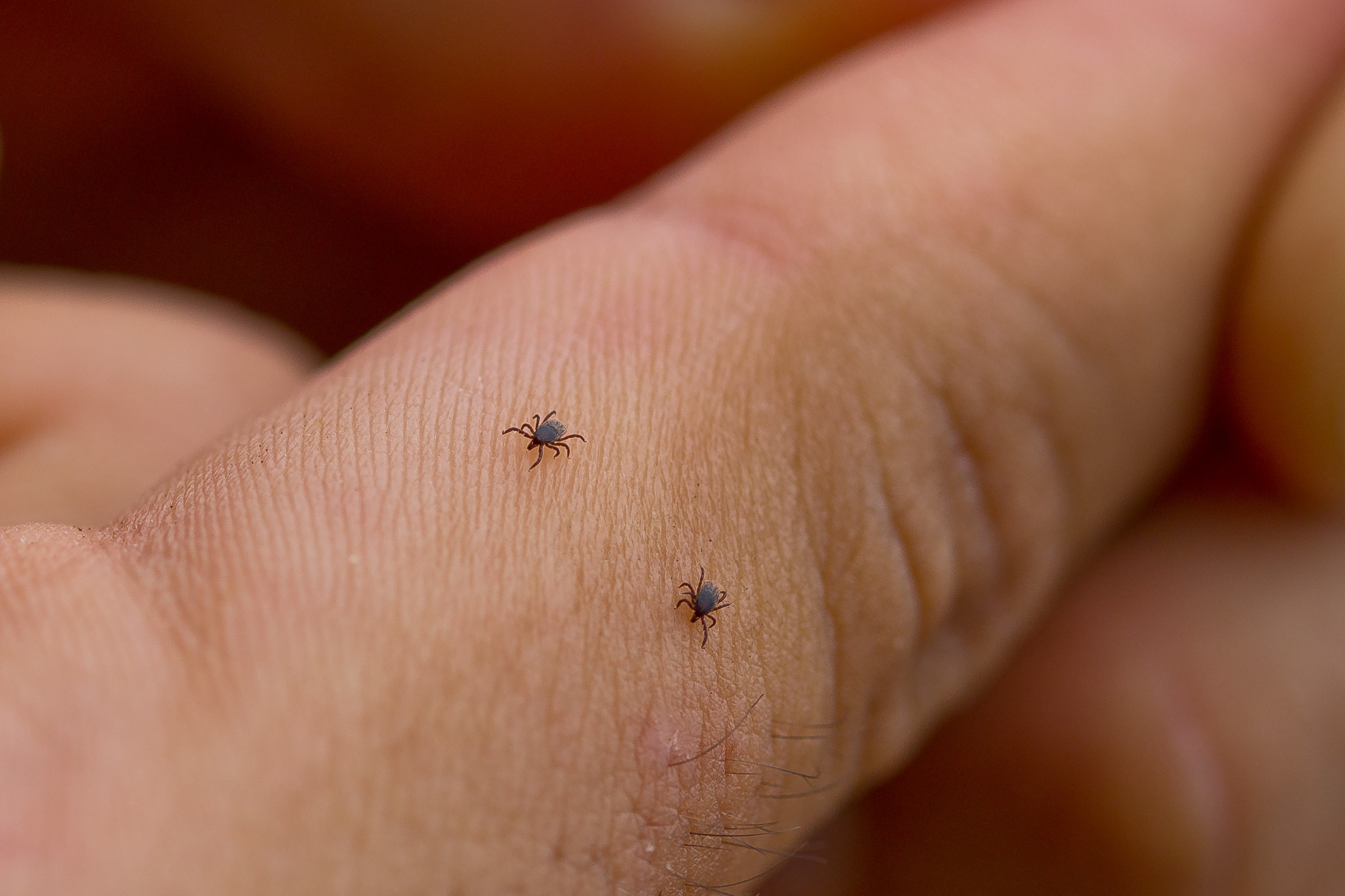
Depending on geographic location, it is possible for ticks to survive throughout the year, making vigilance a smart management practice year-round in those locations. In more northern climates with freezing temperatures, surveillance should be applied at the very least during spring, summer and fall months. With climate change, warming weather brings ticks out earlier in the year than in past decades. Ticks also are found in larger geographic areas. The smaller nymphal stages are notorious for transmission of Lyme disease, so extra care should be taken when searching for these small ticks on your horse.
The preferred habitat for ticks is in woodlands and areas abundant with tall grass, piles of leaves and other vegetation, and especially at the boundaries of these ecosystems. Sunny, dry areas don’t tend to be tick habitats or areas where they’ll venture into, particularly if there is no protective vegetation.
When setting up pasture boundaries, fence horses away from the woods and other areas of dense vegetation. At certain times of the year, it might be prudent to put up temporary fencing to ensure that horses don’t have access to wooded or heavy brush areas.
Deer and rodents carry ticks on their bodies and thus are able to carry them distances to other areas. Around the barn and paddocks, mousetraps and rodenticides help to keep mouse populations in check.
Mowing pastures cuts down on tick exposure by removing tall grass, particularly in areas not often grazed.
Application of pesticides at the edges of wooded areas is useful to minimize exposure; commercially licensed pest control companies can come to your property to address this spraying. Similarly, efforts to clear away shrubs and vegetation along wooded boundaries and fence lines reduces favorable tick habitat.
Chickens, peahens or guinea hens are useful for control of tick populations in horse pastures.
With no labeled vaccines for tick diseases, prevention relies not only on limiting horses’ access to tick habitat, but also on tick control on individual horses.


